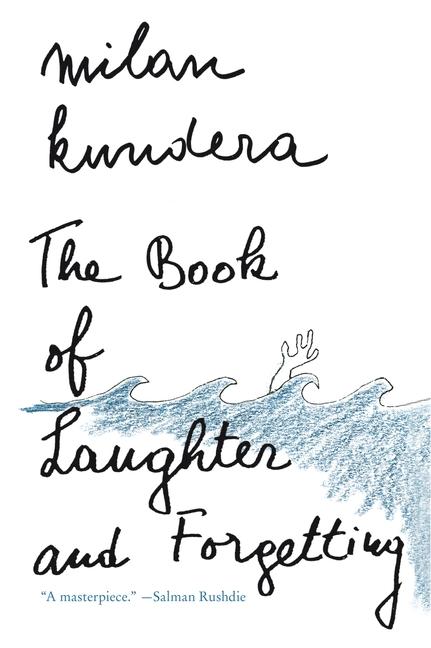
Immortality
Book Description
What if eternity was a curse rather than a blessing? In *Immortality*, Milan Kundera plunges into the labyrinth of human existence, exploring the profound connection between life, love, and the ceaseless longing for permanence. Through a tapestry of intertwined lives, he grapples with the essence of identity, the weight of memories, and the haunting specter of oblivion. Characters collide in passionate entanglements, each seeking meaning in their fleeting moments. As they navigate desire and loss, the boundaries between the real and the imagined dissolve. Will they find solace in their search for immortality, or will it lead to their undoing?
Quick Book Summary
Milan Kundera's "Immortality" is a philosophical novel that deftly weaves together multiple narratives and meditations on existence, memory, and the human desire to transcend mortality. The story opens with a chance gesture by Agnes, which triggers Kundera's exploration into the themes of identity, selfhood, and how we are remembered. Moving fluidly across timelines, the novel juxtaposes the everyday lives of modern Parisians like Agnes and her sister Laura with historical figures like Goethe and Hemingway. Through these characters, Kundera considers the yearning for significance and the paradox that true immortality, whether through art, memory, or fame, may be both illusory and burdensome. The result is a deeply reflective narrative that interrogates what it means to leave a lasting mark on the world.
Summary of Key Ideas
Table of Contents
The Illusion and Burden of Immortality
Kundera's novel commences with a seemingly inconsequential scene: a gesture made by Agnes at a Parisian swimming pool. This act serves as a catalyst for Kundera’s philosophical investigation into the nature of selfhood and the forces that determine how we are remembered or forgotten. Through Agnes and her emotionally volatile sister Laura, Kundera explores the intricacies of family relationships, personal authenticity, and the tensions between public and private self-presentation. These sisters navigate their lives in pursuit of love, meaning, and the elusive comfort of genuine happiness.
The Construction of Identity and Self
Interspersed with the contemporary storyline are fictionalized encounters between legendary figures like Goethe and Hemingway. These characters become vehicles for Kundera’s broader musings on immortality achieved through art, reputation, and intellectual legacy. Their dialogues highlight how figures of historical renown may paradoxically be trapped by their posthumous images, unable to control how they are remembered. Kundera suggests that striving for immortality through works or fame can never fully satisfy the human spirit and may, in fact, lead to profound disconnection from true self-understanding.
Memory, Forgetting, and the Quest for Meaning
A recurring motif in "Immortality" is the unreliability of memory and the construction of personal narrative. Kundera probes the ways in which people curate their own stories, editing and altering memories in an effort to create coherence or significance. He questions whether any version of ourselves endures beyond the subjective and ephemeral recollections of others, and whether the quest to preserve meaning is ever successful. Oblivion, Kundera suggests, is the inevitable end, and the pursuit of eternal remembrance is fraught with existential anxiety.
Interplay Between Reality and Fiction
The novel frequently blurs the border between fiction and reality, with Kundera himself inserting meta-narrative commentary. He reflects on the act of writing and storytelling as both a means of capturing reality and a process inherently colored by imagination and desire. The protagonists’ lives and the author’s philosophical ruminations intertwine, underscoring the idea that existence resists simple categorization and that both art and life are shaped by interpretation and chance.
The Search for Connection Amid Alienation
Ultimately, "Immortality" meditates on the universally human longing for connection, love, and permanence. Amid the urban isolation of Paris and the cosmic sweep of human history, Kundera’s characters search for recognition and meaning in their limited, transient lives. The novel closes not with answers, but with luminous questions: Is immortality a curse or a solace? Is love the one force capable of overcoming oblivion’s emptiness? Kundera’s rich, layered narrative invites us to confront our own hopes, fears, and the fragile nature of legacy.
Download This Summary
Get a free PDF of this summary instantly — no email required.





